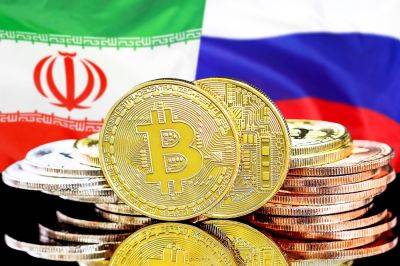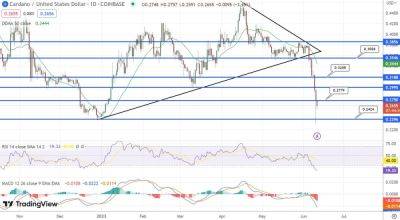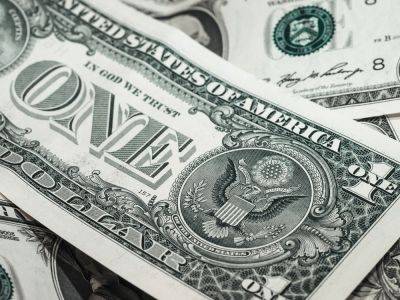G-7 and G-20 Countries at Odds Over Stablecoin Regulation Amid Fears for Emerging Economies
While global leaders are working towards establishing universal rules for the crypto sector, advanced and emerging economies are divided on the regulation of stablecoins.
The Group of Seven (G-7) economies, an international forum of seven of the world's advanced economies, are ostensibly more open to regulating stablecoins.
On the other hand, emerging economies represented in the wider G-20 grouping are calling for tougher restrictions, or even prohibitions, over concerns about the potential impact on monetary policy and financial stability.
The G-20 is another forum for international economic cooperation made up of the G-7 jurisdictions, along with 13 other member countries, including 10 emerging economies.
These differences in approach threaten to fragment unified oversight and stall the acceptance of global norms for stablecoins.
The G-7 and G-20 have committed to leading the establishment of globally coordinated norms for cryptocurrencies.
Japan and India currently hold presidencies of the G-7 and G-20, respectively.
The two bodies, to varying degrees, are relying on global standard-setters, such as the International Monetary Fund (IMF), the Financial Stability Board (FSB), and the Financial Action Task Force (FATF), to make recommendations and rules for the cryptocurrency sector.
However, while both groups have vowed to implement FATF's anti-money laundering rules for crypto, recent statements have indicated differences in their views on the regulation of stablecoins.
The G-7 has said that its nations will align with the FSB's recommendations for stablecoins, which are focused on the impact of stablecoin use on wider financial stability.
In comparison, the G-20 is looking to align with a more nuanced synthesis paper
Read more on cryptonews.com

















